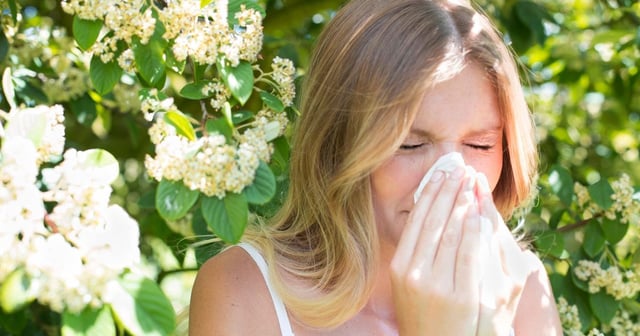Overview
- The Met Office has issued amber 'high' pollen alerts for 12 regions, with forecasts predicting elevated levels through mid-May due to tree pollen surges.
- Tree pollen, particularly from oak and early flowering grass, is the dominant allergen this spring, exacerbated by warm, dry, and windy weather.
- Experts report that climate change has intensified and lengthened pollen seasons, contributing to higher pollen concentrations over recent decades.
- Common symptoms of hay fever include nasal congestion, itchy eyes, sneezing, and fatigue; severe cases with wheezing or throat swelling require immediate medical attention.
- Preventive measures include showering after outdoor exposure, using allergen barrier balms, wearing wrap-around sunglasses, and consuming foods high in quercetin, such as onions and berries.



